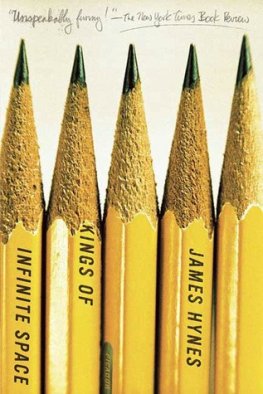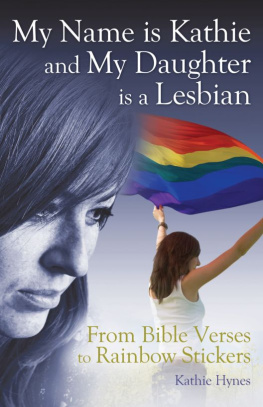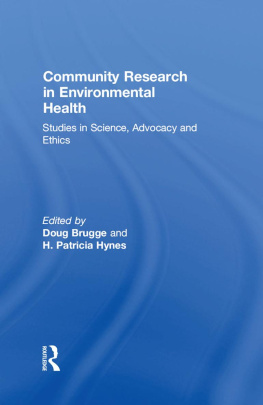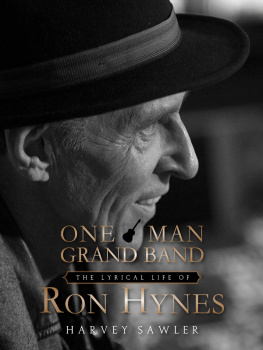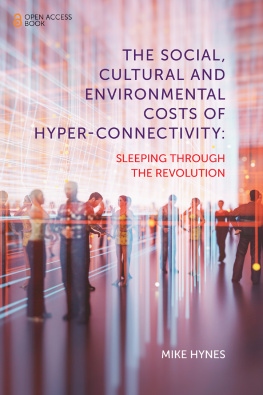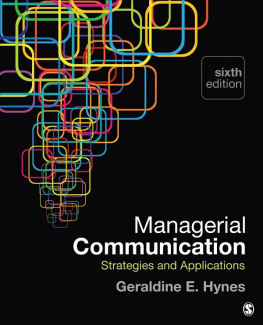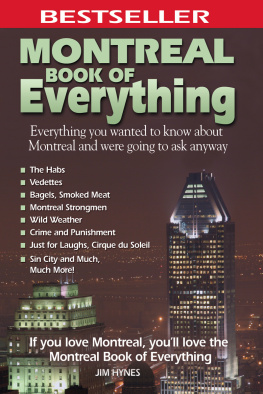About the Author
Samuel Hynes was born in Chicago in 1924 and was educated at the University of Minnesota and Columbia University. He has taught at Swarthmore College, Northwestern University and Princeton University. From 1943 to 1946, and again in 19523, he served as a pilot in the United States Marine Corps. His books include The Pattern of Hardys Poetry, Edwardian Occasions and Flights of Passage: Reflections of a World War II Aviator.
A War Imagined is the second volume of Samuel Hyness trilogy of cultural histories covering the relationship between literature, theatre and public events during the first four decades of the twentieth century. The others The Edwardian Turn of Mind and The Auden Generation are also published by Pimlico.
ACKNOWLEDGEMENTS
The author and publishers would like to thank the following for permission to reprint copyright material: the Imperial War Museum for material from unpublished MSS in their collections; the London School of Economics and Virago Press for extracts from the Diaries of Beatrice Webb edited by Norman McKenzie; the Literary Executor of Vera Brittain and Virago Press for the poem The Superfluous Woman from A Testament of Youth; A.P. Watt Ltd on behalf of the Literary Trustees of Robert Graves for the poem A Dead Boche from Fairies and Fusiliers; Faber & Faber Ltd and New Directions Publishing Company for 19 lines from Hugh Selwyn Mauberley from Collected Shorter Poems by Ezra Pound; Gerald Duckworth & Co. Ltd and the Estate of Sir Osbert Sitwell for six lines from The Modern Abraham; the Estate of Siegfried Sassoon and Sir Rupert Hart-Davis for the poems Victory, The Hero, The Poet as Hero, Banishment and seven lines from Repressions of War Experience; Unwin Hyman Ltd for an extract from Images of War by Richard Aldington.
Thanks are also due to the following for permission to reproduce copyright illustrative material: the British Library for plates 2, 3 and page 82; Sheffield City Art Galleries, plate 4; Raymond Mander and Joe Mitchenson Theatre Collection, plates 5 and 26; Times Newspapers Ltd, plate 7; Daily Mail, plate 19; the Trustees of the Imperial War Museum, London, plates 8, 11, 12, 13, 15, 22, 23 and 24; Mrs Eva Reichman, plates 17 and 20; the University of Hull Art Collection, plate 18; Royal Academy of Arts, plate 25; the National Trust Photographic Library, plate 27; the Estate of Siegfried Sassoon and the Humanities Research Centre, University of Texas at Austin, plate 10; Chatto and Windus and the University of London Library for a drawing from Mr Britling Sees It Through by H.G. Wells, page 133; A.P. Watt Ltd on behalf of the Literary Executors of H.G. Wells for sketches from Boon and Meanwhile on pages 23 and 413; the Department of Prints and Drawings and the Trustees of the British Museum, plate 9; the National Library of Scotland, plate 6; Philadelphia Museum of Art, plate 1; the Tate Gallery, plate 14; University of Princeton Library, page 240.
The author and publishers have made all efforts to obtain necessary permissions with reference to copyright material, both illustrative and quoted; however, should there be any omissions in this respect we apologise and shall be pleased to make the appropriate acknowledgements in any future edition.
CHAPTER 1
The Wars Before the War
I
The best-known and most often quoted response to the beginning of the First World War is surely Sir Edward Greys: The lamps are going out all over Europe. We shall not see them lit again in our time. The remark is Greys least official utterance it is not clear when or where he said it, or indeed if he said it at all but it survives because it expresses an essential feeling of the time. It says nothing about historical causes or national ideals or military goals; nor does it touch on victory or defeat: it simply says that there had been light, and now there was darkness.
Greys sense of the end of something known and knowable, and the beginning of its unimaginable dark opposite, was shared by many of his contemporaries, and was expressed both in public and in private writings. The nature of what had ended was variously defined, depending on what the writer most valued: the deaths of Socialism, Christianity, avant-garde ideas, and tradition were all announced and mourned for. What the mourners felt in common was simply that something of great value, something vaster even than the peace of Europe, had come to an end on August 4, 1914.
This feeling was poignantly expressed in a letter that Henry James wrote to a friend on the first day of the war:
The plunge of civilization into this abyss of blood and darkness by the wanton feat of those two infamous autocrats is a thing that so gives away the whole long age during which we have supposed the world to be, with whatever abatement, gradually bettering, that to have to take it all now for what the treacherous years were all the while really making for and meaning is too tragic for any words.
James saw that even if the war had been instigated by the German and Austrian emperors, its historical causes were more complex than that; to understand it, one had to see it as the inevitable consequence of all the historical past. He found this a bitter truth: for it seemed to force upon him the recognition that the values on which his long life as an artist had been based his belief in liberalism, in progress, in art itself were not only casualities of war, but were among the wars causes. His image for the war, like Greys, was of a plunge out of light into darkness.
Civilization, Jamess term for the light that had failed, is a word that appears again and again in responses to the beginning of the war. One finds it in Parliamentary debates, in newspapers, in private diaries and letters, in reported conversations. Civilization is threatened, is toppling, is mutilated or destroyed; the clock of civilization has been put back. Indeed the topic was so much discussed in Bloomsbury, Virginia Woolf complained, that it had become boring. Then we went through London, she wrote in a letter in the second week of the war,
and oh Lord! what a lot of talk there was! Roger, of course, had private information from the Admiralty, and had been seeing the German Ambassadress, and Clive was having tea with Ottoline, and they talked and talked, and said it was the end of civilization, and the rest of our lives was worthless.
This apocalyptic sense of an ending is everywhere in the accounts of those first days of wartime, and though Virginia Woolf could be ironic about it, it was clearly deeply disturbing for most people. Like James, they had believed, or had wanted to believe, that English society was fundamentally stable, and that it was evolving in a progressive direction. War could not occur to interrupt that process, because war was uncivilized. And now suddenly war had come, and had brought that dream of order to an end. It came not simply as an interruption of peace, but as a contradiction of the values that they had thought made Europe one civilization.
One can get a sense of what that pre-war civilization had been if one considers the situation in the arts in London in, say, 1912. That was the year of Edward Marshs first Georgian Poetry anthology, and of Pounds Ripostes. The first English production of The Seagull opened that year, and there were new plays in London theatres by Galsworthy and Bennett. D.H. Lawrences The Trespasser, Wellss Marriage, and Conrads The Secret Sharer were all published in 1912, and so was Constance Garnetts translation of The Brothers Karamazov. Orages New Age was the leading journal of art and letters, and Harold Monros



